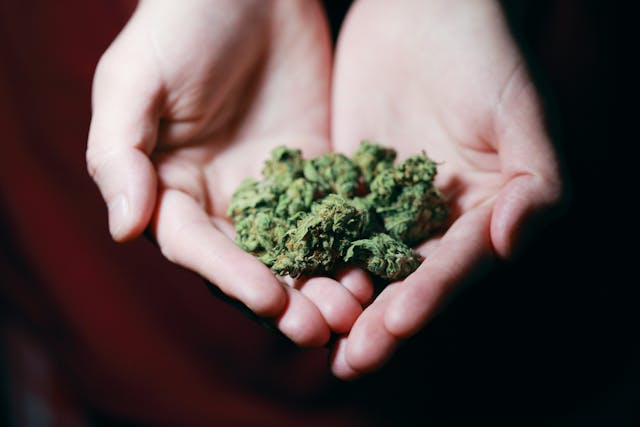Do you know what killed 106,000 people in the United States in just one year?
In 2021, that many people died from drug-involved overdoses including illegal drugs and prescription opioids (over 75%), according to data from the National Institute on Drug Abuse. The worst part about these statistics is the fact that the number of overdose deaths in 2021 was over six times the number in 1999. In just one year alone, from 2020 to 2021 the number of drug overdose deaths increased by more than 16%.
How did this happen? What led to such a serious crisis in the United States? Are there any alternatives to opioid pain medicine that can help curb these devastating rates?
While the answer to the first question is complex with various experts in the field agreeing that a multi-system failure of regulation, including over-prescribing, big pharma power and politics played an important part, the answer to the second one might be a bit simpler. Over the past several years, there have been studies showing medical marijuana’s potential in various pain treatments, while also revealing it can help curb opioid use.
For example, the largest-ever Canadian-supported study published in January viewed 90 randomized controlled trials involving 22,028 participants. The research concluded that marijuana provided similar pain relief benefits as opioids but without negative consequences.
Benzinga wanted to learn more about cannabis as an alternative to opioids and other medical marijuana benefits, so we reached out to Robin Fowler M.D., a board-certified anesthesiologist with a fellowship in pain management from Emory University in Atlanta. Fowler is also a founder of Botanical Sciences, a physician–owned medical marijuana dispensary where a team of physicians prescribe cannabis over traditional opioids for pain management.
“After treating pain patients in an outpatient surgery setting for 10 years, I was ready to explore new ways to help my patients,” Fowler told Benzinga. “The Georgia Cannabis Program gave me the opportunity to do just that, allowing me to treat patients’ chronic pain with THC. From there, Botanical Sciences was born and we’re now producing medical cannabis at our 130,000 square foot manufacturing facility in South Georgia.”
What sets apart Botanical Sciences from other dispensaries is that it’s Georgia’s first physician-owned medical marijuana provider that is vertically integrated from seed to sale, he explained.
“We cultivate, process, distribute, and dispense all from our facility in Glennville, Georgia. We take the most scientific healthcare approach using evidence-based formulations in our products that are most beneficial to the patients.”
Fowler’s first experience with medical marijuana was during his shoulder reconstruction surgery, when as a physician becoming a patient he was able to appreciate an alternative to opioids even more. His first educational experience was at a pain fellowship in 2005 where the “learning curve took off once the medical program became closer to fruition in Georgia,” Fowler recalled.
“The properties of medical cannabis for medical implications are in the early stages of being utilized as a therapeutic modality. We are fortunate to have a Schedule A license with a patient pool of 20,000 to further our current studies. Throughout the last fifteen years of practice, I wish it was an available option as I consider any reduction in opioid use a success.”
To read more, click on Benzinga







